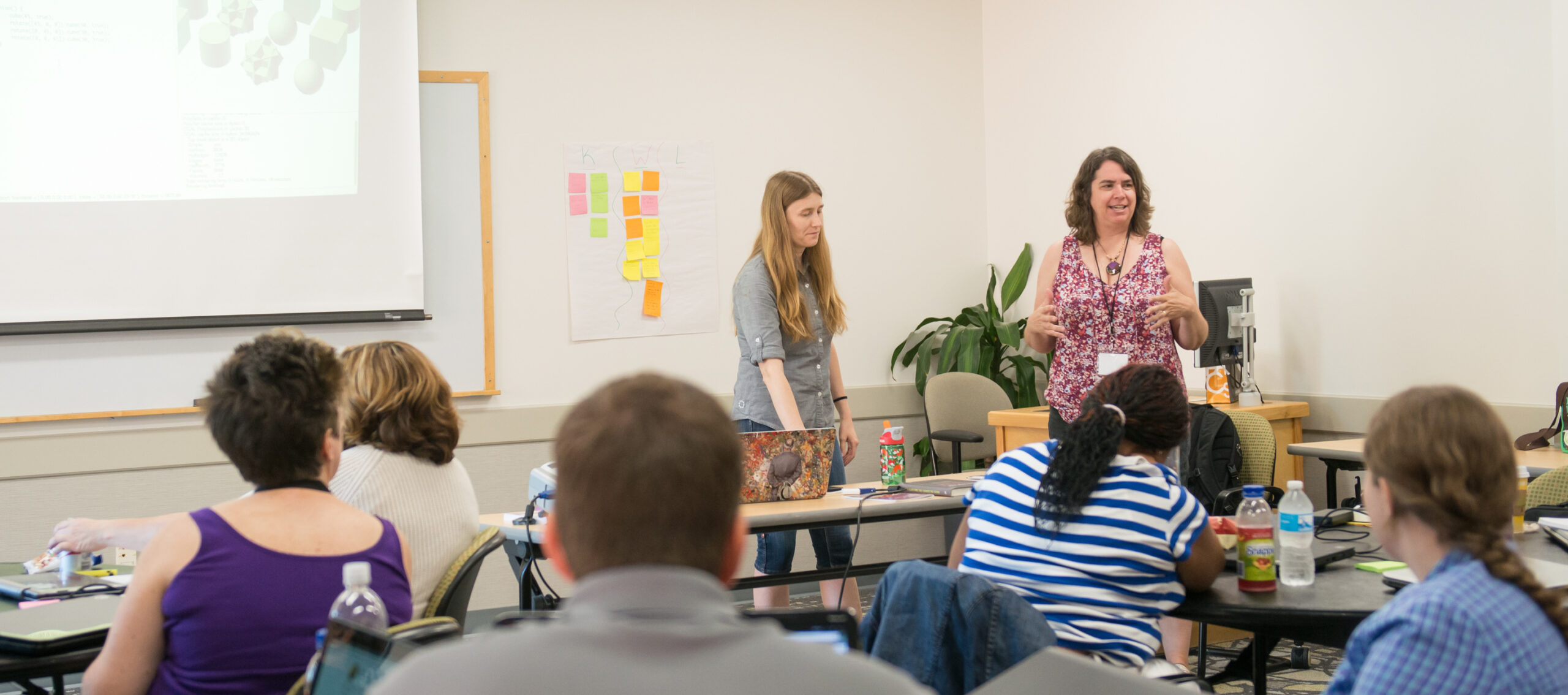 There is a high demand for fresh talent in information security, but the industry has struggled to hire and retain professionals from an essential portion of their potential talent pool: women. Just 10 percent of people working in information security are women, and in a new Slate article UMBC’s Marie desJardins suggests the emphasis that recruiters and people in the industry place on competitive extracurricular activities, such as hackathons, may be dampening women’s interest in the field.
There is a high demand for fresh talent in information security, but the industry has struggled to hire and retain professionals from an essential portion of their potential talent pool: women. Just 10 percent of people working in information security are women, and in a new Slate article UMBC’s Marie desJardins suggests the emphasis that recruiters and people in the industry place on competitive extracurricular activities, such as hackathons, may be dampening women’s interest in the field.
Activities such as hackathons—events where coders compete to build a new product or service, working continuously over a set period of hours or days—offer participants the chance to network with corporate recruiters, present their creations to industry experts, and even land internship offers. However, desJardins points out, “The way we train our girls, we don’t necessarily raise them to be competitive against other people.” This can leave girls at a disadvantage when recruiters expect them to have experience in highly competitive extracurricular activities, even more than demonstrating strong grades in challenging coursework.
To increase the number of women who choose careers in information security and cybersecurity, desJardins suggests emphasizing how the creations developed at events like hackathons can impact society, and creating more opportunities for students in these fields to demonstrate their skills and talent in ways that recruiters value.
“It’s not that girls don’t like these things, but it’s one kind of thing. It’s one way of testing out scientific ideas and comparing them against other people,” desJardins notes.
Read the full article, “Hackathons Have a Gender Problem,” on Slate.
Image: Information Systems PhD student Erin Buehler (standing, left) and principal investigator Prof. Marie desJardins, associate dean of COEIT, address high school teachers at the July 2015 CS Matters in Maryland pilot teacher workshop. Photo by Marlayna Demond ’11 for UMBC.

